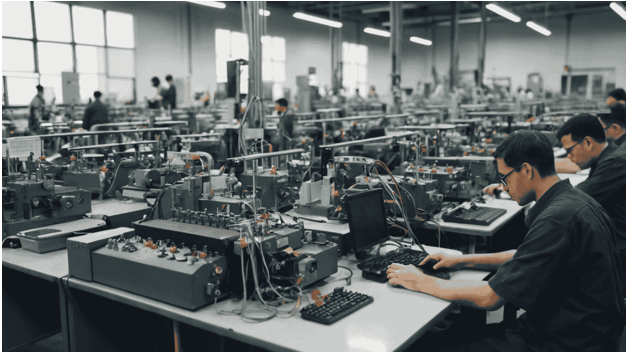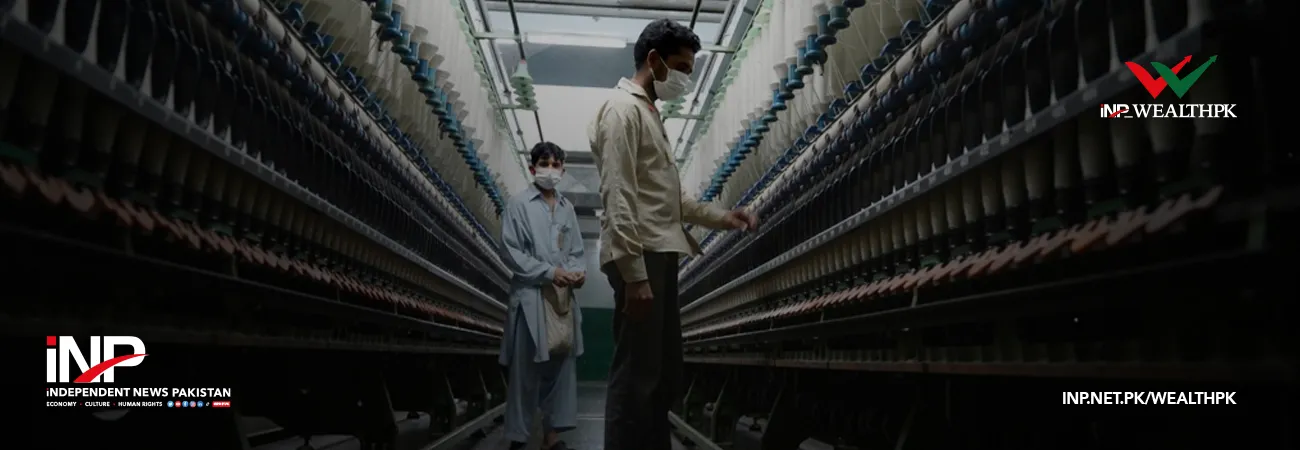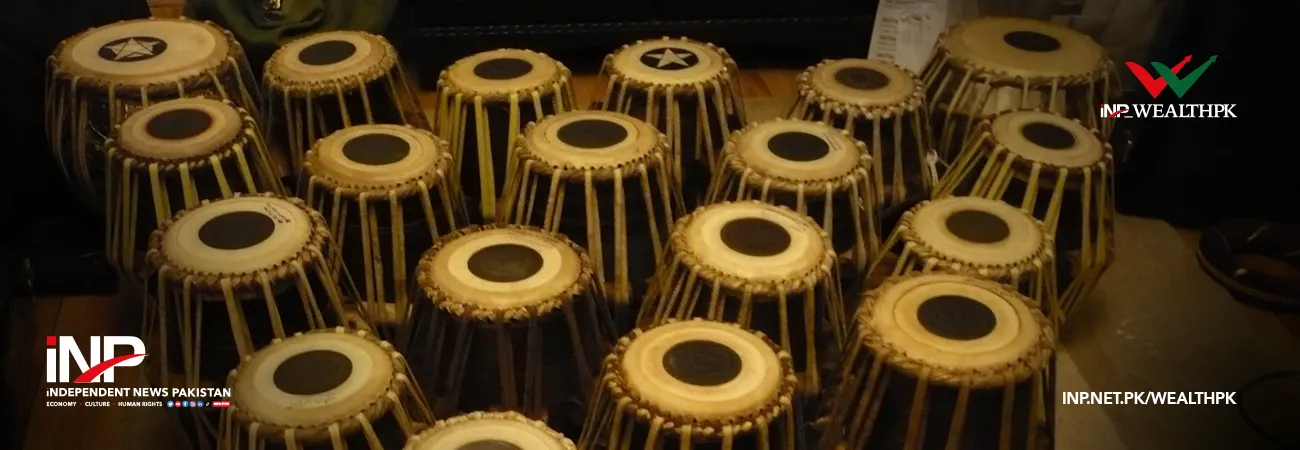INP-WealthPk
Muhammad Saleem
Faisalabad, Pakistan’s textile capital, faces a shortage of skilled workers, putting a damper on its growth potential. Dr Shahid, a teacher at a state-run university, told WealthPK that technical and vocational education institutions had not come up to the expectations when it came to teaching the right skills. “This is a major stumbling block in addressing the issue of skilled workforce.” He said the curriculum taught at educational institutions was often outdated, and industry engagement in programme design and delivery was limited. “Without enhancing industry linkages with educational institutions, we are missing the boat,” he added. Besides, he said inadequate policy support and public financing for skills development was also worsening the situation. “Our vocational institutes lack the latest training equipment as compared to modern academic institutions.”
“We have to improve our norms and values as there is a general bias against blue-collar technical careers in our society. This means people give less importance to jobs that involve hands-on work or technical skills, such as mechanics, electricians or other skilled trades,” he added. Shahid said university degrees were given more respect and prestige even if they were not directly related to industry needs. “As a result, most people are drawn to university education even though many technical jobs offer good salaries and stable career opportunities.” Shahid said this bias was harmful not only to those who wanted to work in technical fields but also to Pakistan’s economy. “A lack of skilled workers can hinder industrial growth, and it is important for policymakers and the public to recognise the value of blue-collar jobs and give them the same respect as university degrees.”
Sohail Malik, a member of Faisalabad Chamber of Commerce & Industry, said that for decades they had been beating the drum to bridge the gap between educational institutions and industry, but without any effect. He said skill gaps were a major concern for the textile industry. He said industrialists had to struggle to find technicians, engineers and machine operators as their role is crucial to maintaining high productivity and efficiency levels. “Industrialists have to settle for hiring less qualified candidates at the cost of productivity and efficiency. He said availability of the right talent was essential for unfettered growth of businesses.” “Owing to the unbridled inflation, industrialists cannot launch expensive in-house training programmes,” he said.
Ahmed Riaz, a teacher at a technical and vocational training institute, highlighting major challenges in producing job-ready graduates, told WealthPK that the district’s vocational training system was plagued by multiple structural challenges. Elaborating on these challenges, he said that the institutions were teaching skills that missed the mark when it came to meeting the needs of industries. “The equipment installed at these institutions is outdated and the curricula also need a serious overhaul.” “Without embracing technological advancements, we cannot produce an efficient workforce for the industry,” he emphasised Riaz urged policymakers to launch a youth hunting programme to meet the future needs of the industry.


Credit: INP-WealthPk













